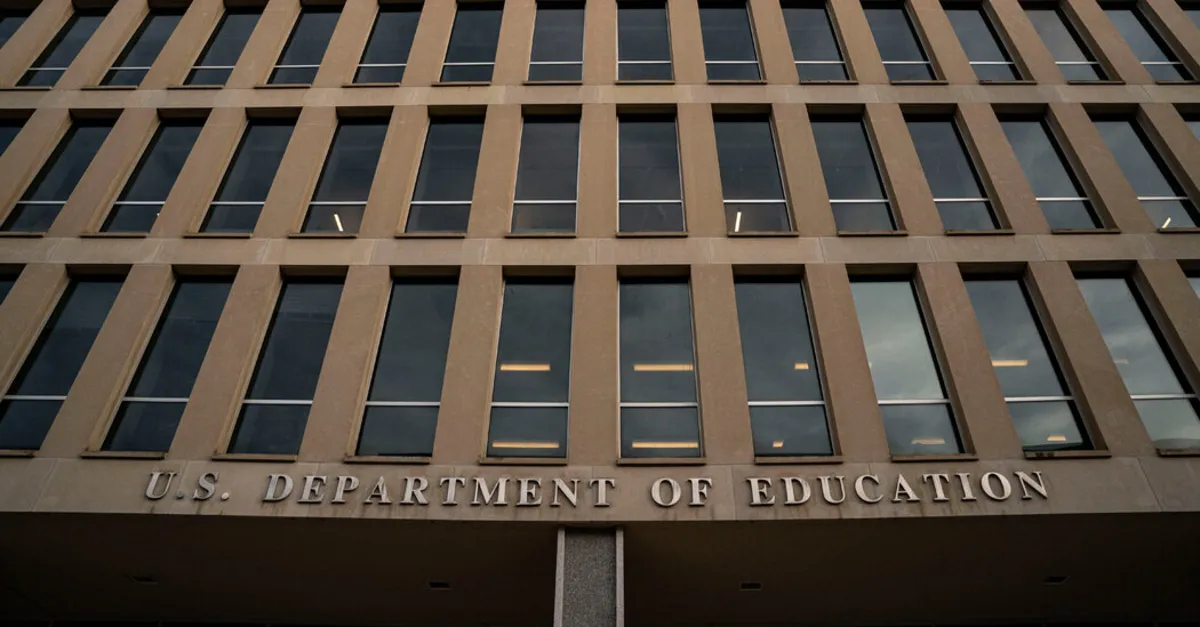
In 1980, just two months after the Education Department officially opened its doors, a significant political movement emerged. Republicans, driven by a desire to reform governmental roles in education, approved a policy platform calling for Congress to shut down the newly established agency. Fast forward over four decades, and the dream of dismantling the Education Department may be closer to reality than ever under President Trump.
Although eliminating the Education Department would require a formal act of Congress, President Trump has shown unwavering commitment to this objective. Reports suggest that he is preparing an executive order aimed at dismantling the agency entirely. This bold move has reignited discussions about the federal government's role in education, creating a significant point of unity among various factions within the Republican Party.
Trump's initiative resonates with both traditional establishment Republicans and the fervent supporters of his Make America Great Again movement. The push to dismantle the Education Department symbolizes a broader ideological struggle within the party, as conservatives seek to challenge what they view as a "hostile and nihilistic bureaucracy." Prominent figures within the movement, such as Christopher F. Rufo, a senior fellow at the conservative Manhattan Institute and a trustee of New College of Florida, have expressed strong support for this endeavor.
The history of the Education Department's establishment and the subsequent Republican push to dismantle it reflects long-standing debates regarding federal involvement in education. Over the years, conservatives have argued that education should primarily be managed at the state and local levels, rather than being dictated by federal policies. This perspective has gained traction as more Republicans rally around the idea of reducing federal bureaucracy in favor of greater autonomy in educational governance.
As President Trump advances his plan, the implications for federal education policy could be profound. The ongoing discussions will likely shape the future landscape of education in America, influencing how resources are allocated and how educational standards are maintained. The debate over the Education Department's existence is not merely a political maneuver; it reflects deeper ideological divides over the role of government in the lives of citizens, especially in the realm of education.
In conclusion, President Trump's efforts to dismantle the Education Department signify a pivotal moment in American politics, uniting diverse factions within the Republican Party under a common cause. As this debate unfolds, it will be crucial to watch how it impacts the future of education policy in the United States.